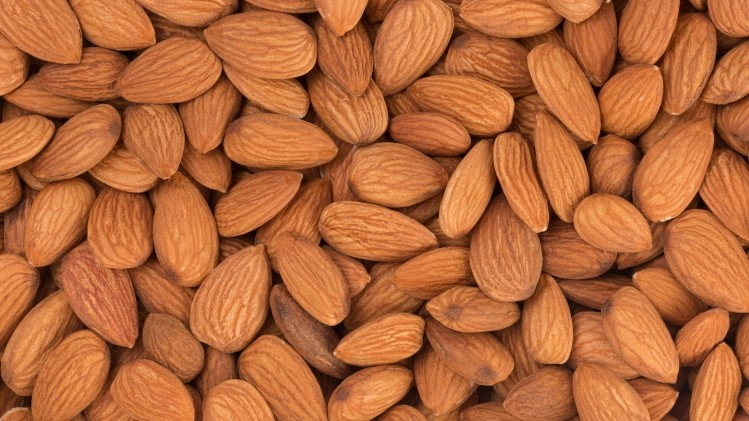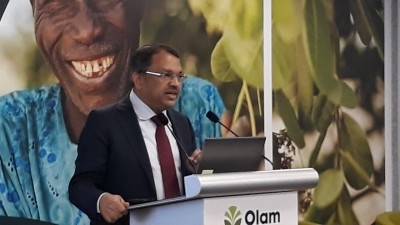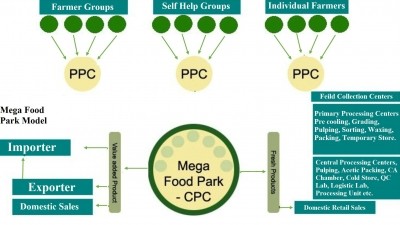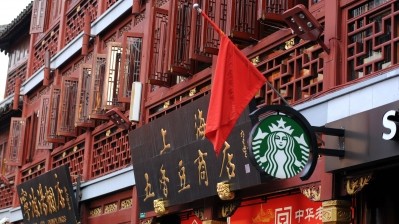Olam pledges sustainable development as it secures loans to drive operations in Asia Pacific

The medium-term financing facilities acquired mainly comprise two tranches: a US$83m, five-year facility for the company, and a US$80m, seven-year facility for Café Outspan Vietnam Limited (COVL), a wholly-owned subsidiary of Olam.
“We are pleased to have secured this financing as Olam’s approach fits well with ADB’s and JICA’s mandate of enabling inclusive economic growth with environmental stewardship and regional integration,” said Jayant Parande, president and global head of Treasury & Investor Relations of Olam.
Asia-Pacific growth
The proceeds from the loan will be applied towards capital expenditure and permanent working capital requirements of Olam and COVL.
“Developing formal value chains is essential for farmers in Asia and the Pacific to integrate with the global economy and to increase the value of their products,” said Juhyun Jeong, investment specialist of ADB.
“ADB’s and JICA’s partnership with Olam and COVL will help smallholder farmers expand their production and operations — improving livelihoods by promoting inclusive and sustainable development.”
Gyo Shibata, investment officer of JICA, said that Olam’s grassroots approach to improving agricultural value chains was reaping rewards.
He added, “For the partnership with ADB’s private sector operations, we are excited to ink the first direct co-financing deal and explore further collaborations.”
First sustainability-linked club loan
Just prior to that, Olam had announced on March 26 that it had secured a three-year sustainability-linked revolving credit facility aggregating US$500m.
This is Asia’s first sustainability-linked club loan — that has multiple banks issuing the loan together and in collaboration with the borrower on achieving sustainability targets.
Under the facility, Olam is committed to meeting improvement targets for a comprehensive range of environmental, social and governance (ESG) metrics, as assessed by Sustainalytics, a global leader in ESG and corporate governance research and ratings.
The metrics are tested on an annual basis and if the pre-set improvement targets are achieved, the interest rate on the Facility will be subsequently reduced.
Said Sunny Verghese, co-founder and group CEO of Olam, “We are proud to be the first company in Asia and the agri-sector to secure a sustainability-linked medium-term club loan that links interest rate on the loan to achieving clear sustainability targets.
“Olam is grateful to the 15 banks that have participated in this innovative facility. We believe that this will serve as a catalyst in further developing sustainability-linked financing in the region.
“This is a good example of how sustainable companies can become more successful and of how we can ‘do good’ and ‘do well’ at the same time.”
Strong results
Furthermore, Olam recently announced its Q4 2017 Profit After Tax and Minority Interest (PATMI) increased 159.3% year-on-year to S$265.1 million on one-off gains from strategic divestments of its sugar refining business in Indonesia as well as edible nuts farmland assets in the US, lower depreciation and amortisation, and net finance charges.
Q4 2017 operational PATMI grew 7.2% year-on-year to S$109.7 million.
Overall, its 2017 PATMI increased 65.3% year-on-year to S$580.7 million on one-off gains from divestments and improved operational performance and lower taxes, and offset by higher depreciation and amortisation expenses and finance costs.
2017 operational PATMI grew 18.6% to S$431.5 million.
The board recommended a final dividend of 4 cents per share for total of 7.5 cents in dividend per share for 2017.
“Our earnings for the year grew significantly and our returns also improved,” said Verghese.
“These results were achieved on a combination of pursuing growth in prioritised platforms, working to turn around under-performing businesses and nurturing gestating assets.”
Olam International has businesses in 70 countries, and supplies food and industrial raw materials worldwide. Its main businesses segments include agri-products such as edible nuts, cocoa, spices and vegetable ingredients, coffee and cotton.
The company is headquartered in Singapore and listed on the SGX-ST.



















